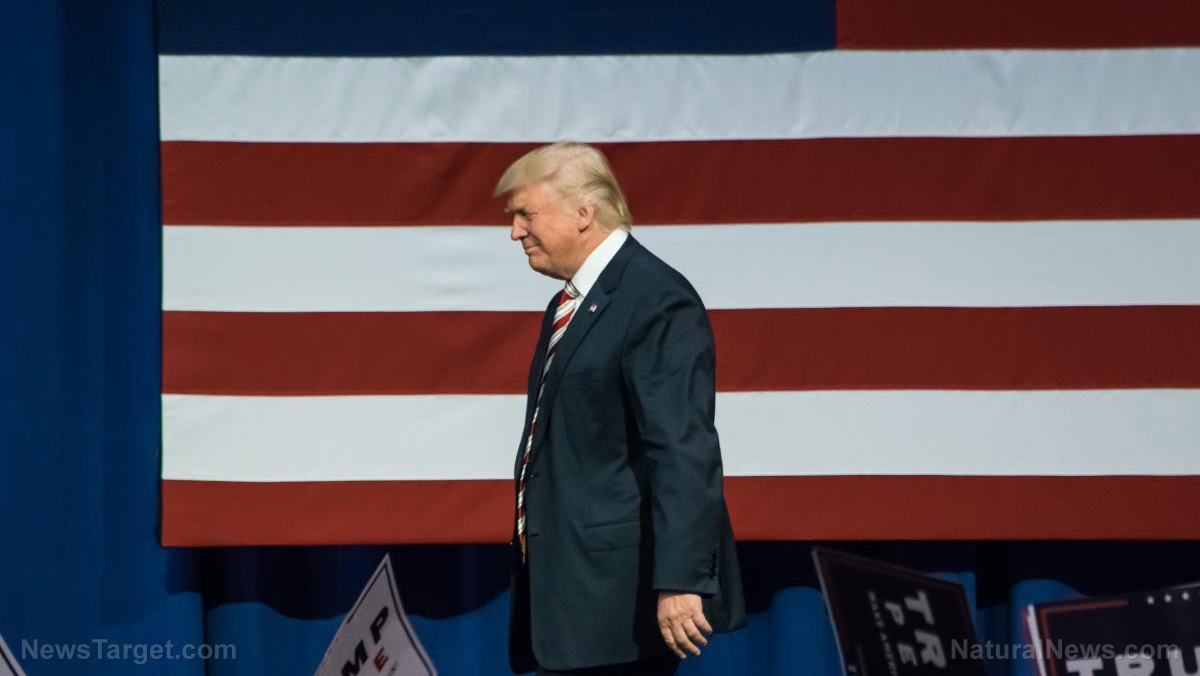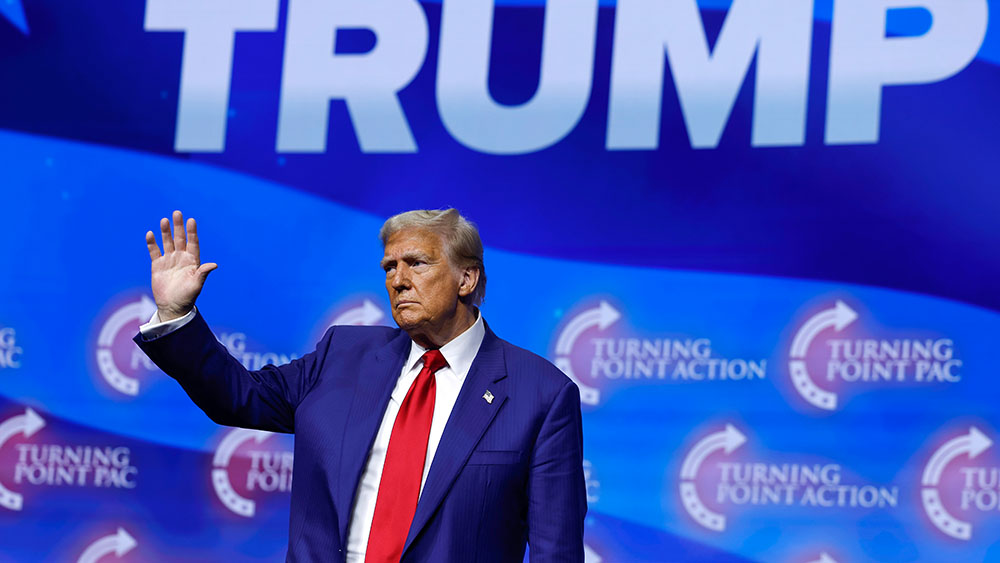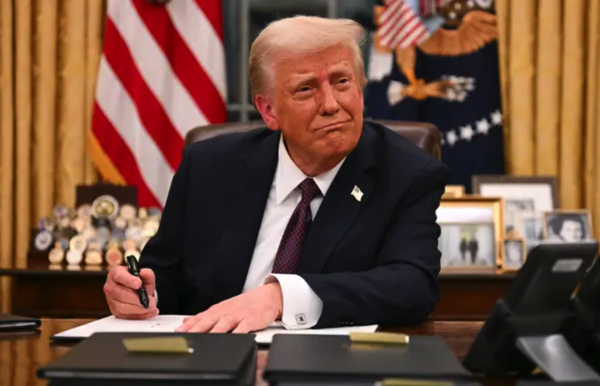
Big changes on the horizon
Trump welcomed Wray’s resignation on his Truth Social platform, calling it “a great day for America.” He accused Wray of overseeing a “weaponized” FBI that had “illegally raided my home, worked diligently on illegally impeaching and indicting me, and interfered with the success and future of America.” Trump also claimed that the bureau had used its “vast powers to threaten and destroy many innocent Americans.” The president-elect’s nomination of Patel has drawn sharp criticism from Democrats and some Republicans, who argue that Patel lacks the experience and impartiality necessary to lead the FBI. Patel, who has previously served in the Defense Department and the Office of the Director of National Intelligence, has been outspoken in his criticism of the FBI and has promised to implement sweeping reforms if confirmed. Despite the controversy surrounding Patel’s nomination, Republicans on Capitol Hill have largely expressed support for the pick, viewing it as an opportunity to bring much-needed change to the agency. However, former national security adviser John Bolton, who worked with Patel during Trump’s first term, compared the nomination to Joseph Stalin’s secret police chief, calling for the Senate to reject it “100-0.” Wray’s resignation marks a significant moment in the history of the FBI, which has long prided itself on its independence and nonpartisan mission. His departure raises questions about the future of the bureau under Patel’s leadership and whether the agency will continue to uphold its core values of integrity and objectivity. In his farewell address, Wray emphasized the importance of maintaining those values, telling the FBI workforce, “We’re not on any one side. We’re on the American people’s side, and on the Constitution’s side.” His words serve as a reminder of the challenges that lie ahead for the bureau as it navigates the turbulent political landscape of the Trump administration. As the nation awaits Patel’s confirmation, one thing is clear: the FBI is at a crossroads, and its future will depend on whether it can remain true to its mission in the face of unprecedented political pressure. Sources include: RT.com NewsMax.com APNews.com CBSNews.comBy Arsenio Toledo // Share
Trump’s surprise move: U.S. withdraws from the WHO amid global pandemic concerns
By Finn Heartley // Share
Victory for Trump: Georgia appeals court strips Fani Willis of election interference case
By Willow Tohi // Share
Deep state coup: Biden’s mental decline was no surprise to his own staff – they knew all along
By Willow Tohi // Share
HARVARD POLL: Congressional Democrats' approval among young voters plummets, GOP gains ground
By lauraharris // Share
Trump retreats on auto tariffs, plans to exempt CAR PARTS from duties
By ramontomeydw // Share
HHS Secretary Kennedy considers removing COVID-19 vaccine from childhood immunization schedule
By bellecarter // Share
Department of Education resumes collections on defaulted student loans
By lauraharris // Share











